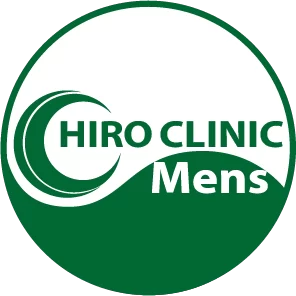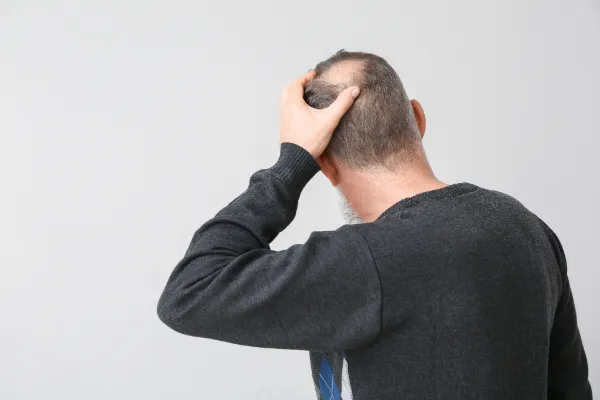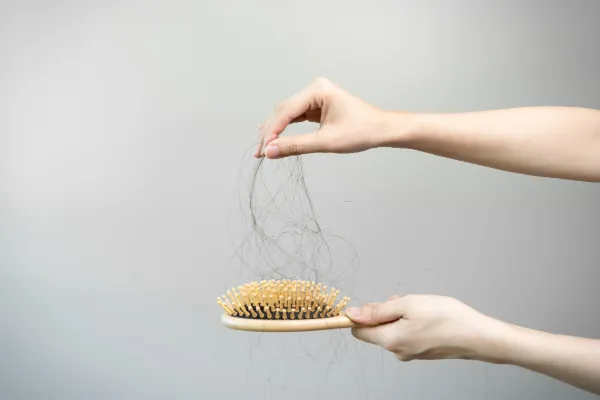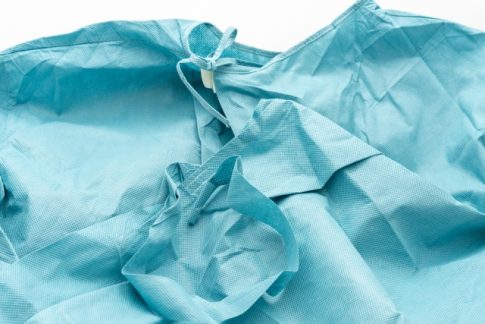この記事の概要
睡眠時無呼吸症候群(Sleep Apnea)は、睡眠中に呼吸が一時的に停止または低下する状態を指します。この状態は、健康全般にさまざまな悪影響を及ぼすだけでなく、植毛手術の結果にも影響を与える可能性があります。本記事では、睡眠時無呼吸症候群が植毛手術に与える影響と、その対策について詳しく解説します。
Sleep Apnea Overview
1. types of sleep apnea
Obstructive Sleep Apnea (OSA): a condition in which breathing stops due to obstruction of the upper airway. It can be caused by obesity or enlarged tonsils.
Central Sleep Apnea (CSA): a condition that occurs when the brain fails to send proper signals to the respiratory muscles.
Mixed sleep apnea: a mixture of the above two types.
2. main symptoms
Snoring: Heavy snoring is a typical symptom.
Daytime sleepiness: Sleep quality is reduced, resulting in intense daytime sleepiness.
Decreased Concentration: Lack of sleep can impair concentration and memory.
Impact of Sleep Apnea on Hair Transplant Surgery
1. effect on blood circulation
Sleep apnea can affect blood oxygenation and cause poor circulation.
Poor circulation: Poor circulation can lead to a lack of oxygen supply to the hair follicle, which can impede the growth of the transplanted hair.
Delayed recovery: Poor circulation may delay recovery after surgery.
2. impact on sleep quality
Good sleep is essential for recovery after surgery. Poor sleep quality due to sleep apnea interferes with recovery.
Interference with cellular repair: Insufficient cellular repair, which occurs during sleep, may affect the healing process after surgery.
Decreased immunity: Lack of sleep decreases immunity and increases the risk of infections.
3. impact on systemic health
Sleep apnea can negatively affect overall health, which may indirectly affect the outcome of hair transplant surgery.
Hypertension and heart disease: Long-term sleep apnea increases the risk of hypertension and heart disease, which may affect surgical safety.
Decreased metabolic function: Decreased metabolic function may delay recovery after surgery.
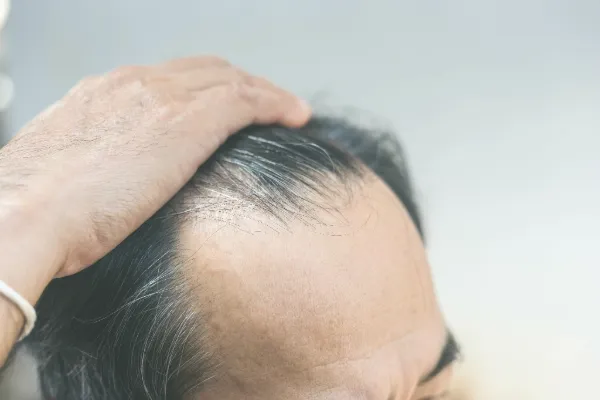
Measures for Sleep Apnea Syndrome
1. diagnosis and treatment at medical institutions
First, it is important to get a diagnosis of sleep apnea at a medical facility and begin appropriate treatment.
Polysomnography Test: This test is used to provide a detailed assessment of breathing conditions during sleep. The physician diagnoses the severity of sleep apnea.
CPAP Therapy: Continuous Positive Airway Pressure Therapy (CPAP) is a device used to keep the airway open during sleep. This reduces apneic episodes and improves sleep quality.
2. improvement of lifestyle
Lifestyle changes can reduce the symptoms of sleep apnea.
Weight control: If obesity is the primary cause of sleep apnea, weight loss can help. Incorporate a balanced diet and regular exercise.
Limit alcohol and smoking: Alcohol and smoking can narrow the airways and worsen apnea. Abstaining from these substances may improve symptoms.
Sleep Environment: Creating a comfortable sleeping environment improves the quality of sleep. For example, selecting appropriate pillows and bedding, and controlling the temperature and humidity in the bedroom are effective.
3. preparation and counseling before hair transplant surgery
If hair transplant surgery is being considered, the patient will be thoroughly counseled prior to surgery and prepared for the effects of sleep apnea.
Consultation with a physician: Consult with the physician performing the hair transplant surgery about sleep apnea and have him or her develop an appropriate surgical plan.
Health Assessment: Before surgery, the overall health of the patient is assessed and necessary measures are taken. A cardiovascular health check is especially important.
Sleep apnea and care after hair transplant surgery
postoperative follow-up1. postoperative follow-up
Thorough follow-up after surgery to support recovery.
Routine checkups: Regular visits to the physician to check the condition of the surgical site. Adjust the treatment plan if necessary.
Post-operative Care: Faithfully perform post-operative care as directed to prevent infections and complications.
2. maintenance of sleep quality
Ensuring a good night’s sleep promotes recovery after surgery.
Continued use of CPAP: Continued treatment of sleep apnea to maintain sleep quality.
Relaxation: Relaxation techniques (deep breathing, meditation, yoga, etc.) are used to reduce stress and promote good sleep.
3. maintaining a healthy lifestyle
Maintaining a healthy lifestyle and overall health will maximize the benefits of hair transplant surgery.
Balanced diet: Eat a nutritious and balanced diet to keep your body in good shape.
Regular Exercise: Maintaining a moderate exercise routine supports weight management and overall health.
summary
Sleep apnea can affect hair transplant surgery, so it is important to take appropriate measures. Diagnosis and treatment at a medical facility, lifestyle modifications, preparation and counseling prior to hair transplant surgery, and thorough follow-up and care after surgery can help ensure a successful and healthy recovery. Maintain a healthy scalp and beautiful hair by understanding the relationship between sleep apnea and hair transplant surgery and taking appropriate measures.
